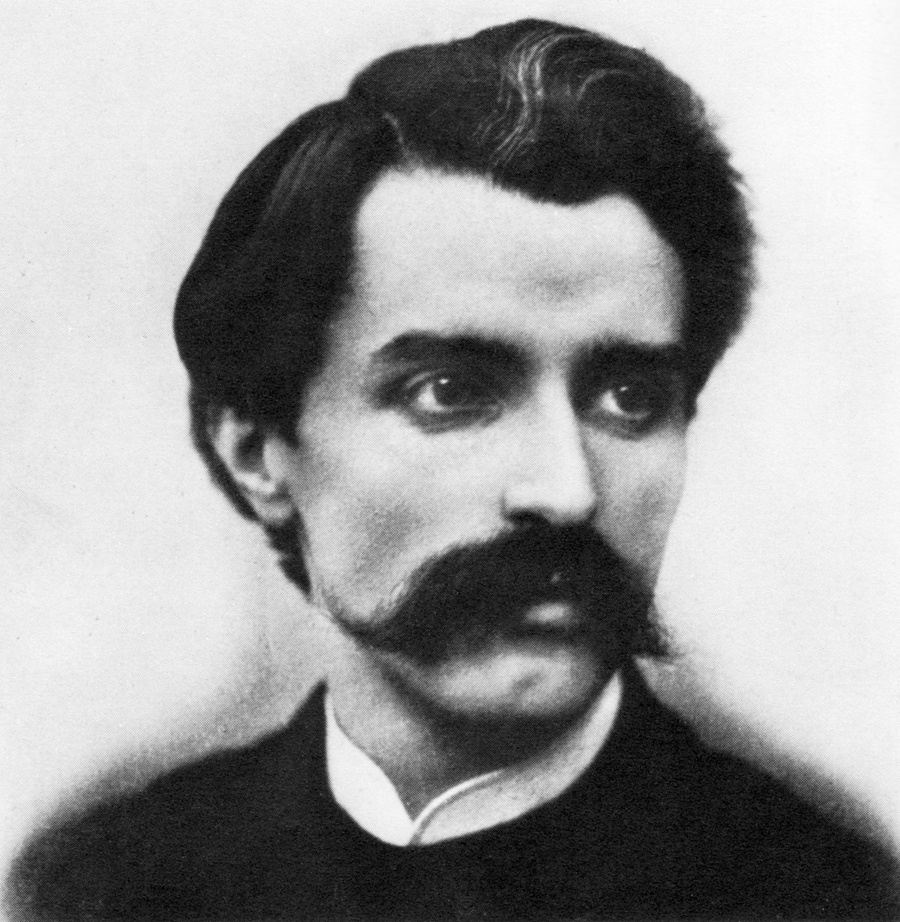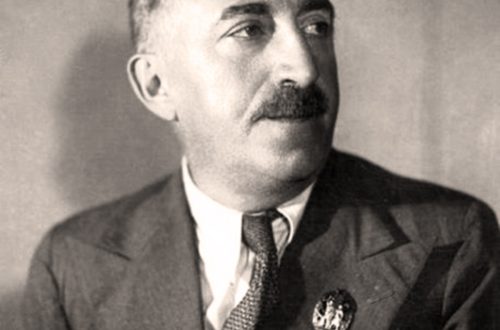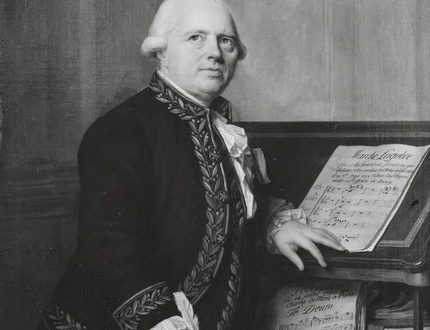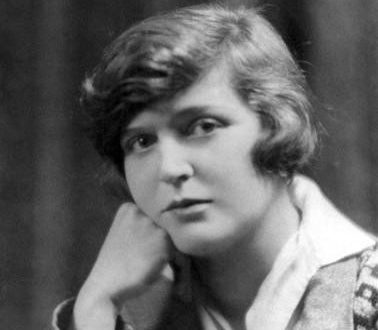
Alfredo Catalani |
Alfredo Catalani
Italian composer. He studied music since childhood with his father Eugenio Catalani and uncle Pelice Catalani (pianists and composers). Then he studied at the Music Institute in Lucca under the direction of F. Maggi and C. Angeloni (harmony and counterpoint). In 1872, Catalani’s four-voice mass was performed in the Lucca Cathedral. In 1873 he studied at the Paris Conservatoire with A. F. Marmontel (piano) and F. Bazin (counterpoint). In the summer of the same year he returned to Italy and entered the Milan Conservatory, where he studied with A. Bazzini (composition).
In 1875, his “Eastern eclogue” – “Sickle” (“La falce”) was staged at the Conservatory Theater, for which he received a special prize. He wrote operas: Elda (1880, Turin), Dejanice (1883, Milan), Edmea (1886, ibid.). From 1886 he taught composition at the Milan Conservatory.
Catalani is one of the major Italian opera composers of the second half of the XNUMXth century. Some of the tendencies of Wagnerism and French lyric opera are creatively embodied in Catalani’s stage works. A special place in his operas is given to the symphonic beginning as one of the means of dramatic expression.
His operas Lorelei (new edition of the opera Elda, 1890, Turin), La Wally (1892, Milan) are close to the verists.
Other compositions include the symphonies “Night” (“La notte”, 1874), “Morning” (“Il mattino”, 1874), “Meditation” (“Contemplazione”, 1878), Scherzo for orchestra (1878), symphonic poem ” Gero and Leander (1885), piano pieces, vocal lyrics.
S. Grishchenko





